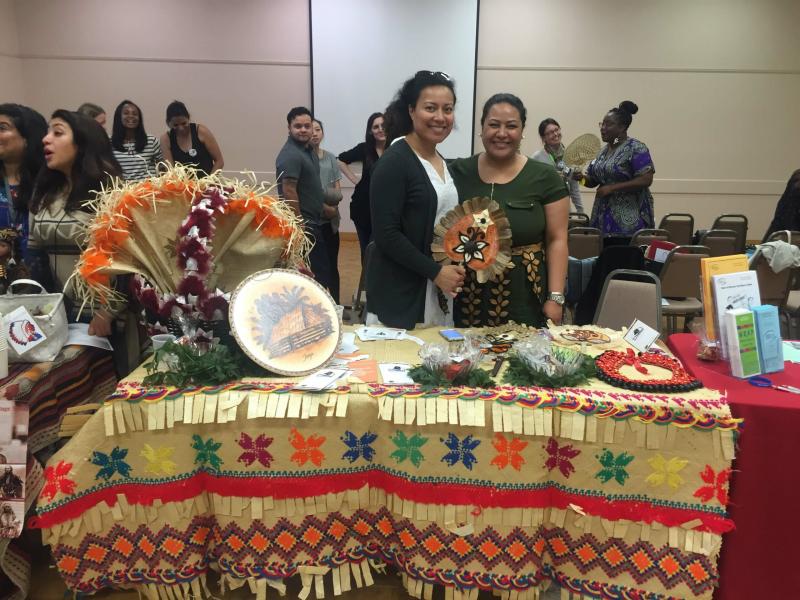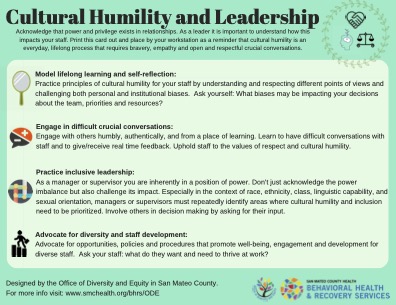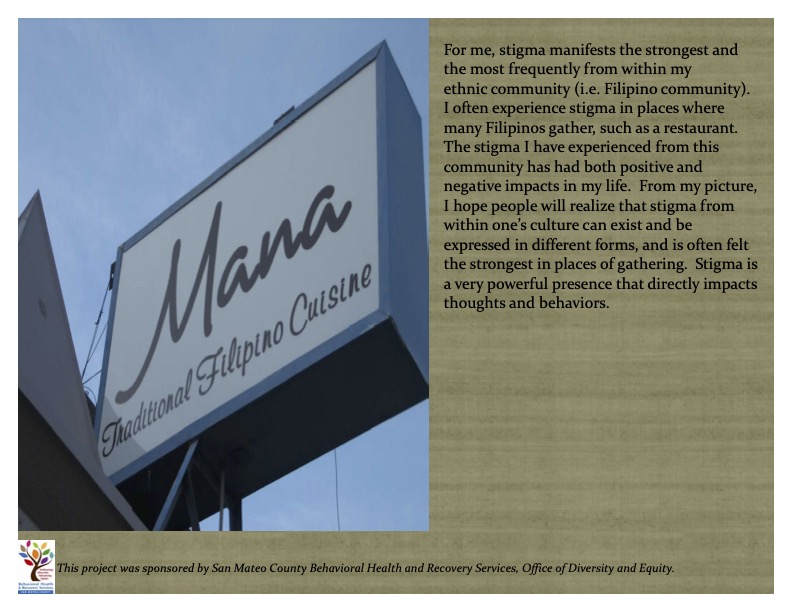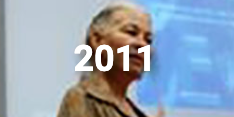2011
Funding for Health Equity Initiatives Co-Chair Positions
 The Health Equity Initiatives (HEI) were created to address access and quality of care issues among underserved, unserved, and inappropriately served communities. The San Mateo County Behavioral Health & Recovery Services’ (BHRS) Office of Diversity and Equity (ODE) provides oversight to nine HEI’s representing specific ethnic and cultural communities that have been historically underserved: African American Community Initiative, Chinese Health Initiative, Filipino Mental Health Initiative, Latino Collaborative, Native and Indigenous Peoples Initiative, Pacific Islander Initiative, PRIDE Initiative, Spirituality Initiative, and the Diversity and Equity Council. In 2011, ODE received additional funding to provide paid time off for BHRS staff and additional funding to contract agencies to serve as HEI co-chairs. This funding supported our workforce, community and partnering agencies in engaging in the work of our HEI‘s. It also assisted in lifting this work to more readily address the inequities and barriers that many marginalized members of our community were facing.
The Health Equity Initiatives (HEI) were created to address access and quality of care issues among underserved, unserved, and inappropriately served communities. The San Mateo County Behavioral Health & Recovery Services’ (BHRS) Office of Diversity and Equity (ODE) provides oversight to nine HEI’s representing specific ethnic and cultural communities that have been historically underserved: African American Community Initiative, Chinese Health Initiative, Filipino Mental Health Initiative, Latino Collaborative, Native and Indigenous Peoples Initiative, Pacific Islander Initiative, PRIDE Initiative, Spirituality Initiative, and the Diversity and Equity Council. In 2011, ODE received additional funding to provide paid time off for BHRS staff and additional funding to contract agencies to serve as HEI co-chairs. This funding supported our workforce, community and partnering agencies in engaging in the work of our HEI‘s. It also assisted in lifting this work to more readily address the inequities and barriers that many marginalized members of our community were facing.
First Cultural Humility Training with Dr. Melanie Tervalon
 In March 2011, the San Mateo County Behavioral Health & Recovery Services’ (BHRS) Office of Diversity and Equity (ODE) hosted Dr. Melanie Tervalon (co-author of the article, Cultural Humility vs. Cultural Competence: a critical distinction in defining physician training outcomes in multicultural education, published in 1998) to facilitate the first cultural humility training for San Mateo County (SMC). Cultural Humility in the Era of Cultural Competence: Addressing Health and Health Care Disparities was a 2-part interactive training that addressed the historical context and fundamental definitions surrounding the terms “cultural responsiveness ,” “cultural humility,” and “health disparities,” as well as race, ethnicity, and racism. The training described the cultural humility framework and offered it as one approach to regularly engaging with the ever-changing dynamics of culture and difference, as we go through our day-to-day work with children, families, co-workers, and health-related institutions. This introduction was foundational for the expansion and inclusion of the cultural humility framework within BHRS in the years to follow, including policy, workforce education training requirements, and several cohorts of cultural humility trainers within the County. This training has become the cornerstone of much of our work within SMC and is now offered regularly to our workforce and community-based organizations.
In March 2011, the San Mateo County Behavioral Health & Recovery Services’ (BHRS) Office of Diversity and Equity (ODE) hosted Dr. Melanie Tervalon (co-author of the article, Cultural Humility vs. Cultural Competence: a critical distinction in defining physician training outcomes in multicultural education, published in 1998) to facilitate the first cultural humility training for San Mateo County (SMC). Cultural Humility in the Era of Cultural Competence: Addressing Health and Health Care Disparities was a 2-part interactive training that addressed the historical context and fundamental definitions surrounding the terms “cultural responsiveness ,” “cultural humility,” and “health disparities,” as well as race, ethnicity, and racism. The training described the cultural humility framework and offered it as one approach to regularly engaging with the ever-changing dynamics of culture and difference, as we go through our day-to-day work with children, families, co-workers, and health-related institutions. This introduction was foundational for the expansion and inclusion of the cultural humility framework within BHRS in the years to follow, including policy, workforce education training requirements, and several cohorts of cultural humility trainers within the County. This training has become the cornerstone of much of our work within SMC and is now offered regularly to our workforce and community-based organizations.
See https://www.smchealth.org/article/cultural-humility-equity-inclusion for more information.
ODE Storytelling Program Created
In 2011, the San Mateo County Behavioral Health & Recovery Services (BHRS) Office of Diversity and Equity (ODE) created the Storytelling Program that emphasizes the use of personal stories to draw communal attention to mental health and wellness. The Storytelling Program includes projects from our work in Digital Storytelling, Photovoice and newly developed (2019) Graphic Novels. Participants are asked to share their stories through words, photos, drawings, personal mementos, and even music. The stories shared are both personal and powerful. For many, they’ve created a sense of connection, and for others, they’ve been transformative. This form of healing has helped in stigma reduction, suicide prevention and engagement work, to name a few. Additionally, final projects have been displayed in our BHRS Clinics, administration buildings, Board of Supervisors building, and with numerous community-based organizations.
See https://www.smchealth.org/general-information/storytelling-program for more information.
Other key events in 2011:
The Spirituality Initiative launches Spirituality 101 training for our workforce and partners, the first Working Effectively with Interpreters training is provided for care providers, and our Chinese Health Initiative presents a White Paper on underutilization of Behavioral Health & Recovery Services by our Chinese Community members.
